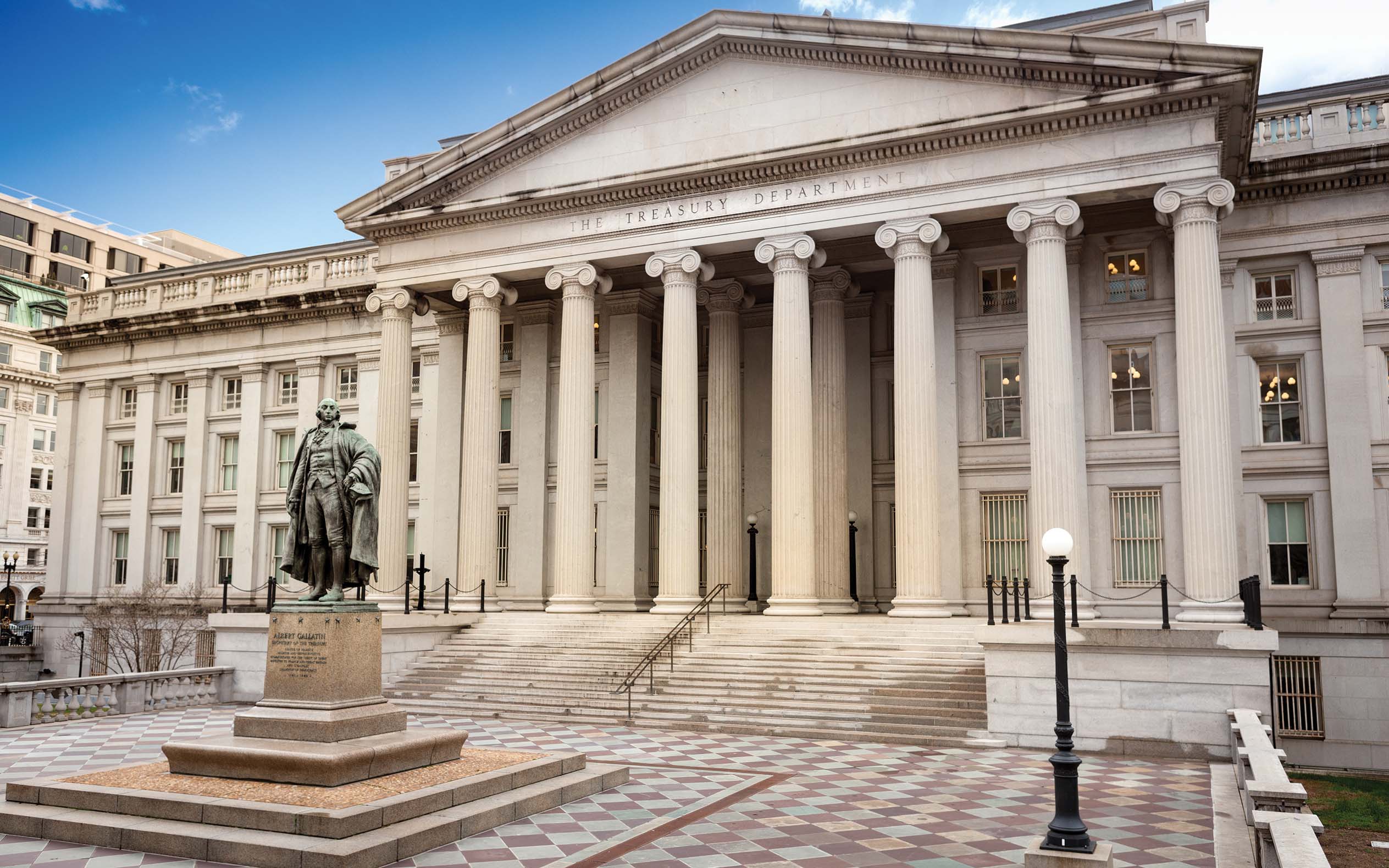Fintech and crypto firms continue to seek out trust charters for deposit-like products, raising policy questions and competitive risks for community banks.
Mickey Marshall: Why National Trust Bank Charters Sparked a Growing Policy Fight
October 01, 2025 / By Mickey Marshall
Fintech and crypto firms continue to seek out trust charters for deposit-like products, raising policy questions and competitive risks for community banks.
For decades, the Office of the Comptroller of the Currency (OCC) issued national trust bank charters for a narrow purpose: letting institutions provide fiduciary and custodial services without taking deposits or making loans. This kept community banks and trust banks in separate lanes with little overlap and minimal risk of consumer confusion.
Now, a surge of new trust bank charter applications from digital asset entities is pushing those boundaries. To customers, products offered by digital asset entities might “look” and “feel” like deposit accounts, with debit card access and dollar-pegged balances. But what makes these novel products different from deposit accounts is that they lack Federal Deposit Insurance Corporation (FDIC) insurance and core consumer protections.
For community banks, the risk that these products pose to the financial system is significant: Deposit-like products might drain funds out of the local banking system without consumers fully understanding that the entities that offer these products do not carry the same responsibilities, safeguards or role in credit creation as community banks. This not only affects ICBA members, but it also threatens the flow of credit to small businesses, farms and homeowners in the communities they serve.
ICBA has filed numerous comment letters with the OCC opposing specific charter applications from organizations like Ripple Labs, Circle, Wise and Protego/National Digital Trust. In these letters, and through ongoing advocacy efforts, ICBA is working to ensure that these firms cannot use the national trust charter to sidestep banking laws while offering products that “look” like insured deposits but lack FDIC protection. More specifically:
Ripple Labs has a history of regulatory and enforcement issues, including past Securities and Exchange Commission actions tied to its compliance practices. Allowing a company with Ripple’s track record to operate under a national trust charter only raises the risk of consumer harm. Beyond that, the organization’s proposed use of the charter would let it deliver deposit-like products outside the protections of the insured banking system. This is something Congress has never authorized.
Circle (the issuer of the USDC stablecoin) is seeking a national trust charter to expand its footprint. While stablecoins might “look” like safe, dollar-backed accounts to consumers, they don’t carry the same legal protections of insured deposits. ICBA is concerned that granting a national trust bank charter to Circle, and similar entities, would allow nonbanks to siphon funds away from community institutions without the same safeguards or obligations.
Wise wants to use a national trust charter to back so-called “stable value accounts” with treasuries, while giving customers debit card access to those balances. That structure mirrors the functionality of a deposit account without being one. The risk is that customers won’t understand the difference, believing they enjoy the same protections as a bank deposit when in reality, they do not.
Protego wants to use the charter to build new crypto-related business lines instead of focusing on fiduciary and custodial services. This application highlights how some firms are seeking to expand the scope of the trust charter and blur the traditional boundaries that have historically distinguished the roles of trust companies and banks.
ICBA is also broadly concerned about how the OCC has managed the chartering process. For example, one interpretive letter from 2021 expanded the trust charter’s scope without rulemaking or congressional input. This created uncertainty for applicants and incumbents alike, and contradicted the OCC’s own chartering principles, which call for transparency, fairness and a level playing field.
Granting deposit-like powers under a trust charter unfairly tilts the playing field and sidesteps Congress and the rulemaking process. Unlike banks, trust companies aren’t subject to capital, liquidity or supervisory standards. Allowing novel entities to market dollar accounts or payment services this way risks consumer confusion, weakens insured deposits and adds systemic risk.
Considering these risks, ICBA continues to urge the OCC to thoroughly review applications from novel entities seeking national trust bank charters and deny applications if statutory requirements cannot be satisfied. The OCC must ensure sufficient supervisory and regulatory safeguards are in place for all national banks and maintain longstanding legal limits on permissible activities for national trust banks. As ICBA has long advocated, companies engaged in commercial activities should not be allowed to own full-service or limited-purpose banks, in violation of the longstanding U.S. policy of maintaining the separation of banking and commerce.
In the meantime, customer education is critical. People generally assume that deposits are automatically protected by FDIC insurance, but that safety net disappears or is weakened for digital asset entities. If customers ask about it, community bankers should have clear answers for them: Money held in a digital asset wallet is not insured, not regulated like a deposit and comes with higher fraud and scam risks.
Turning that message into an education opportunity reinforces what our nation’s community banks already do best: protect customer funds, maintain trust and serve as a reliable anchor in uncertain markets.
Subscribe now
Sign up for the Independent Banker newsletter to receive twice-monthly emails about new issues and must-read content you might have missed.
Sponsored Content
Featured Webinars
Join ICBA Community
Interested in discussing this and other topics? Network with and learn from your peers with the app designed for community bankers.
Subscribe Today
Sign up for Independent Banker eNews to receive twice-monthly emails that alert you when a new issue drops and highlight must-read content you might have missed.
News Watch Today

Join the Conversation with ICBA Community
ICBA Community is an online platform led by community bankers to foster connections, collaborations, and discussions on industry news, best practices, and regulations, while promoting networking, mentorship, and member feedback to guide future initiatives.












